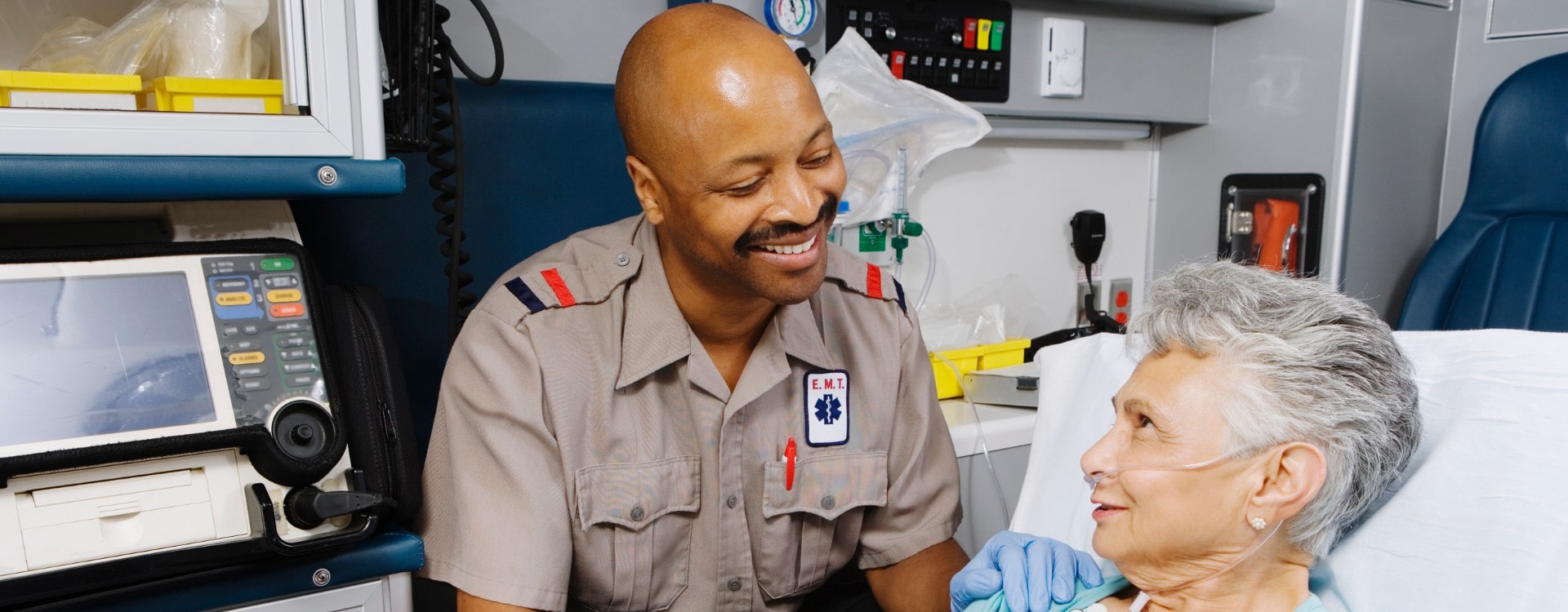Free Webinar: How to Create Engaging Live Training Online
Between hectic employee schedules and national pandemics, online training has emerged as an effective solution for emergency and healthcare departments to keep their personnel informed and up to date.
Numerous studies have found that virtual instructor-led training has the same or improved outcomes when compared to face-to-face learning in the healthcare setting. In addition, online live training:
- Saves time in cost and resources
- Promotes learner engagement
- Connects students with experts and colleagues across the nation
- Provides easy, flexible, and scalable access to critical information.
How can you ensure your live instruction is engaging, informative, and provides teams with the feedback they need to improve community outcomes? In this recorded webinar, veteran instructor Andrew Ross will teach you what it takes to be an effective instructor as you’ll learn how to evaluate student needs, promote interactivity, and create an engaging and effective online educational experience.
Sources
- Cook D, Levinson A, Garside S, Dupras D, Erwin P, Montori V. Instructional design variations in internet-based learning for health professions education: A systematic review and meta-analysis. Academic Medicine. 2010;85(5):909-922.
- Croxton RA. The role of interactivity in student satisfaction and persistence. Journal of Online Learning and Teaching. 2014; 10(2):314-325.
- Fisher C, Sadera A. Comparing student learning and satisfaction between learning environments in continuing medical education. International Journal of Instructional Technology and Distance Learning. 2011;8.
- Francescucci A, Rohani L. Exclusively synchronous online (VIRI) learning: The impact on student performance and engagement outcomes. Journal of Marketing Education. 2018;41(1):60-69. doi:10.1177/0273475318818864
- Moran J, Briscoe G, Peglow S. Current technology in advancing medical education: Perspectives for learning and providing care. Academic Psychiatry. 2018;42(6):796-799. doi:10.1007/s40596-018-0946-y
- Richardson J, Maeda Y, Lv J, Caskurlu S. Social presence in relation to students’ satisfaction and learning in the online environment: A meta-analysis. Comput Human Behav. 2017;71:402-417. doi:10.1016/j.chb.2017.02.001




